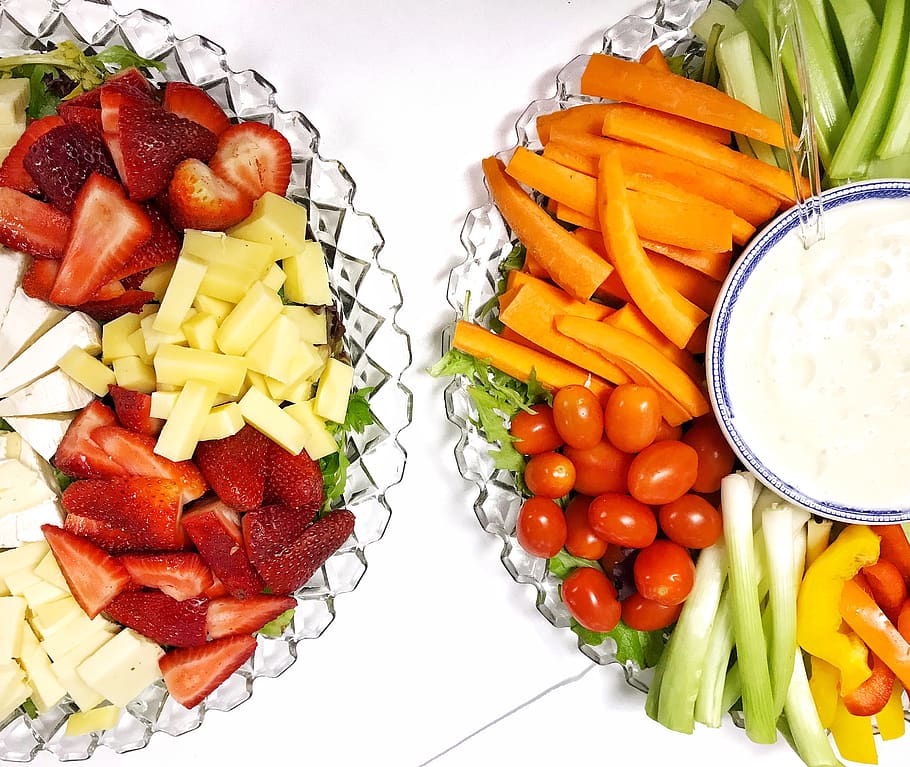Having a vegetarian or even a vegan diet is not necessarily
detrimental to athletic performance. In fact, there is anecdotal evidence to
suggest that a plant-based diet can actually help improve performance.
There are many successful vegan athletes at the top of their game today, including NFL star Bryant Jennings, boxer David Haye, and triathlete Hillary Biscay. As with any athlete, the secret lies in eating a varied diet and getting the right balance of carbs and protein to boost energy.
Training for a triathlon on a vegan or vegetarian diet may
require more research and careful planning, but there is no reason why it
should affect overall performance.
Macro Needs
Each athlete will require adjustments to their diet depending on factors such as their height, weight and the number of hours they spend training. Typically, an athlete in training needs to take in around three to 12 grams of carbohydrates for each kilogram of their body weight each day, with intake increasing as the training schedule gets heavier.
Protein requirements are between 1.2 and 1.8 grams per kilogram
of body weight daily, while the ideal amount of fat is around 1g per kilogram
daily. Plant-based diets need to be combined with a corresponding amount of proteins
and fats to ensure peak performance.
Carbohydrates
One mistake made by many athletes new to vegetarianism is
overloading on carbohydrates. Carbs are essential for energy but should not be
consumed at the expense of having a varied diet.
One study showed that fewer than half of all participants in
an Ironman event were consuming the RDA of carbohydrates for endurance
performers.
Adding regular portions of healthy carbs such as legumes,
seeds and nuts to the diet can help get the right level of carbohydrates into
the body without gorging on starchy, unhealthy carbs.
Protein
Getting enough protein is essential to be able to exercise and push the body to its limits. Meat-eaters usually get enough protein, but vegetarians and vegans need to consciously add high-protein ingredients to their diets. Vegetarians can increase their dairy intake, adding plenty of milk, cheese, yoghurt and eggs to get their protein. Vegans can source plenty of protein from other sources, including nuts, seeds, tofu, tempeh, lentils, nut butters, and whole grains and cereals such as pasta, rice and bread. Early-morning training can be difficult sometimes as there is not much time to prepare for a light energy-packed meal. This is where protein bars enter, especially those natural nootropic options like XiteYourMind bars. It gives more than enough to start the busy day.
Iron
Another area where vegans and vegetarians need to be aware
of what they are eating is in terms of their iron intake. Animal products are
generally much higher in iron than many other foods, so adding plenty of
iron-rich plants and other ingredients to the diet is essential.
Good foods to choose include dark green leafy vegetables, seeds, dried fruits, wholemeal bread and fortified cereal bars. Foods that are rich in vitamin C help the body to absorb iron, while compounds found in coffee, tea, spinach and many herbs can prevent the body from properly absorbing iron. Health professionals recommend supplementation based on the needs of their patients. For vegans and vegetarians, vegan vitamin gummies are great supplements that they can take as these are safe and convenient.
Eat Little and
Often
When engaging in any hardcore athletic training plan such as preparing for a triathlon, eating small meals more frequently throughout the day helps to maintain energy levels within the body and prevent exhaustion. Eating too much food in one sitting can result in a feeling of lethargy which is not inspiring. Vegetarian and vegan athletes can top up throughout the day with nourishing snacks, including fruit smoothies and protein bars, to help keep their energy levels high.
About Richard
Mallett
Richard
Mallett is a sports coach who has regularly competed in triathlons. He has
been in training for the 2020 Ironman UK event, which has now been cancelled
due to coronavirus restrictions, so he will be in the first tier of athletes
signing up for 2021. As a committed vegetarian, Richard enjoys exploring new
ingredients and adapting recipes, which is particularly important while in
training for such a challenging event.



 Bitcoin
Bitcoin  Ethereum
Ethereum  Tether
Tether  XRP
XRP  Solana
Solana  USDC
USDC  TRON
TRON  Cardano
Cardano  Lido Staked Ether
Lido Staked Ether  Avalanche
Avalanche  Toncoin
Toncoin